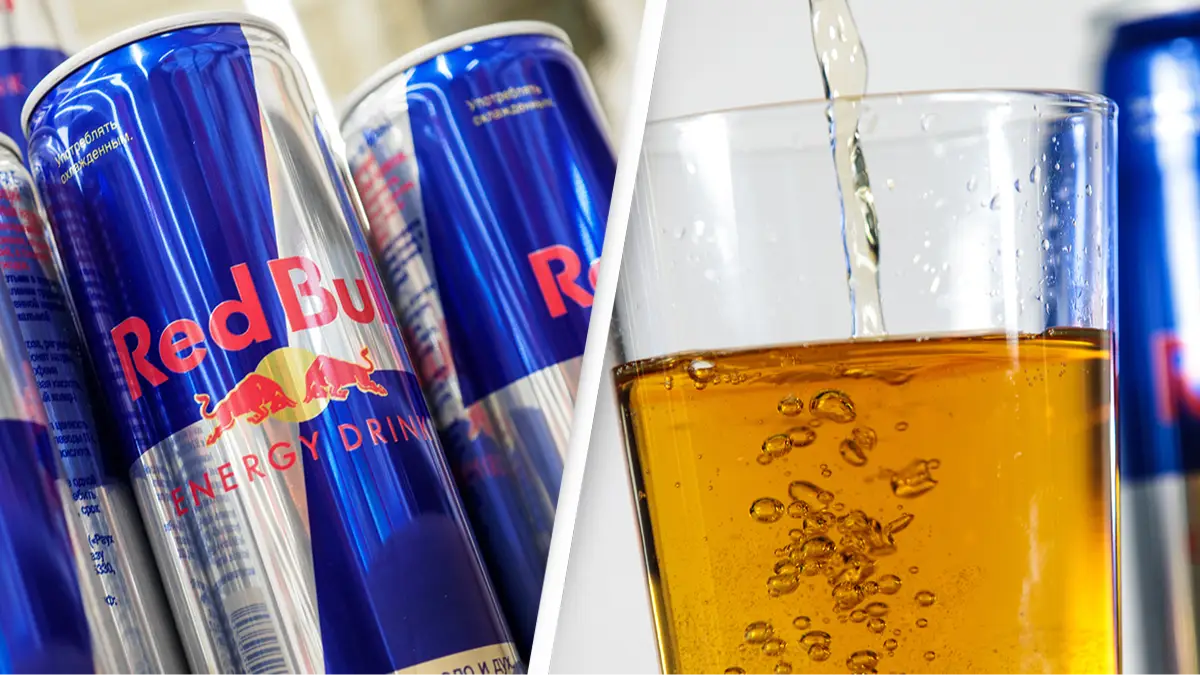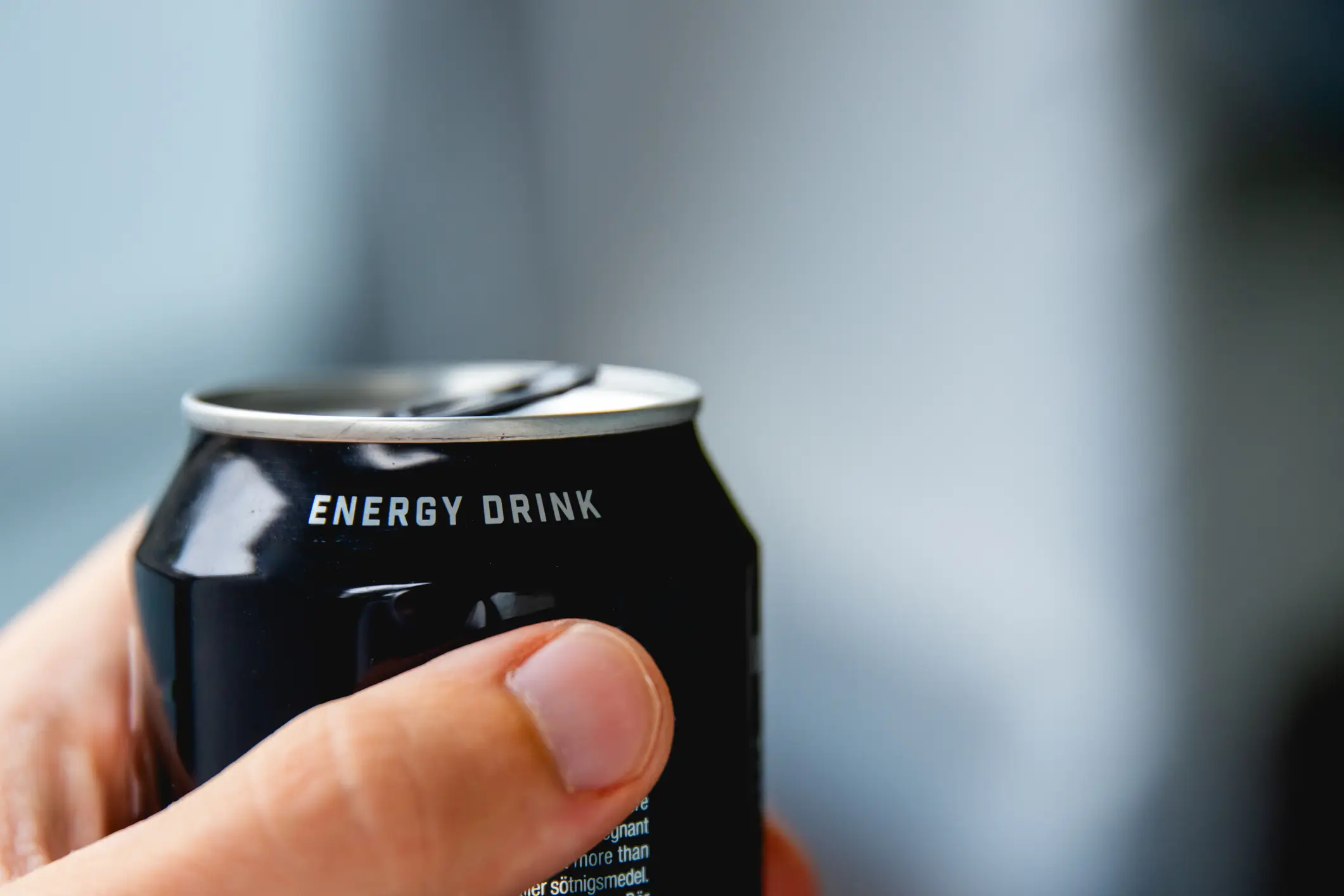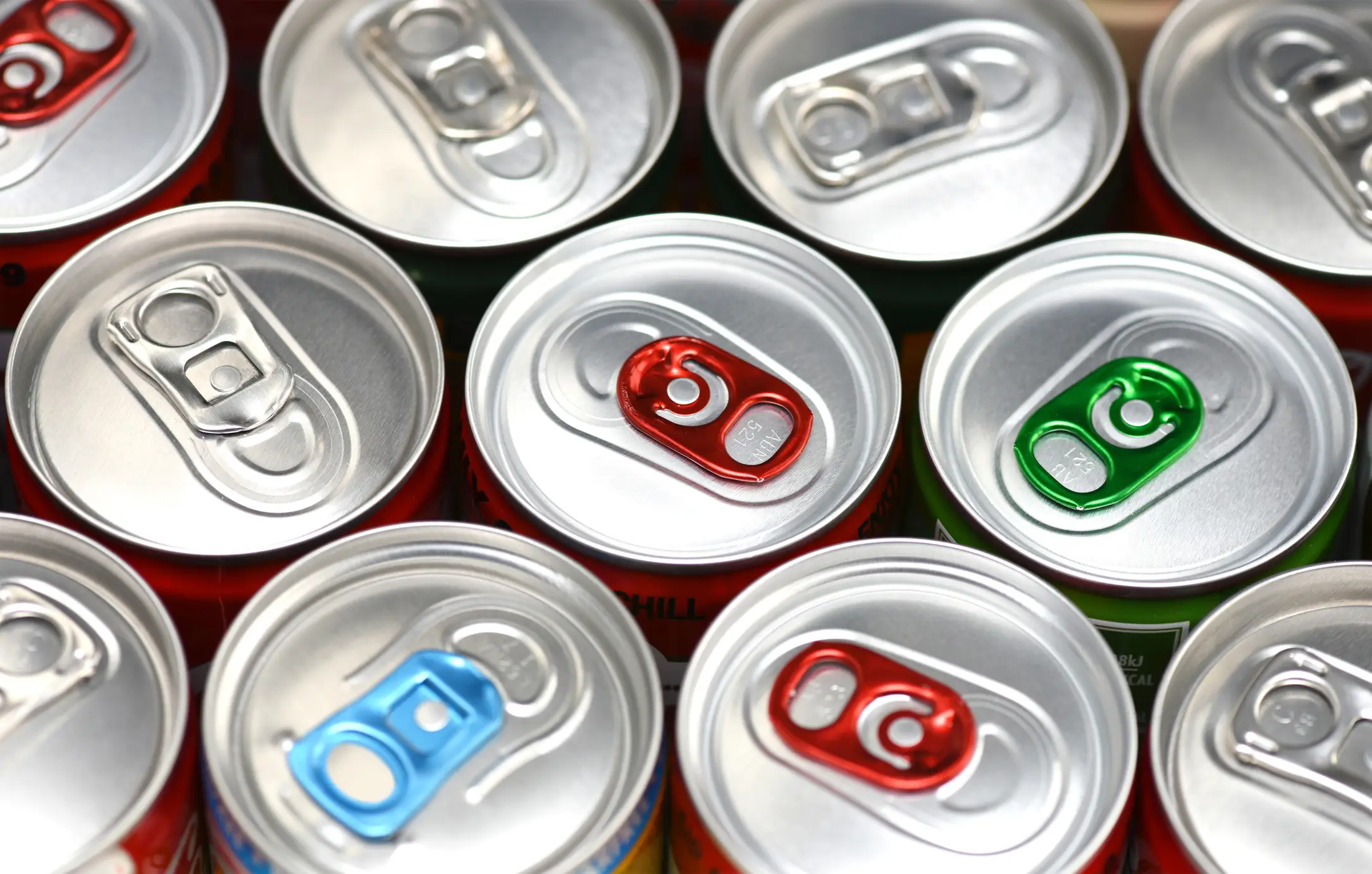
A timeline has broken down the impact that drinking a can of energy drink can have on the body.
It's perhaps no secret that energy drinks are not exactly good for your health.
The drinks contain sugar and caffeine, and, gram for gram, they don't have that much more caffeine in them than a shot of espresso (though that can depend on how strong you make your coffee).
Advert
Some might even say it's a lot easier to get through five cans of energy drink in a day than espressos - or other sodas, for that matter.
However, according to Dr Stuart Farrimond, the caffeine itself is not the biggest problem with the drinks.
Dr Farrimond spoke to the Daily Mail about some of the weird effects that energy drinks such as Red Bull can have.
Dr Farrimond said: "Energy drinks are a bad way to get caffeine."

He added: "They are high in sugar - some frighteningly so. The 'added extras', like taurine, are hocus-pocus and don't really do anything other than make the drink more marketable."
There's also the acidity, Dr Farrimond saying: "All fizzy drinks are acidic because they are carbonated, and drinks manufacturers usually add extra acid to give it a 'zing'."
In fact, Red Bull has a PH of 3.3, a similar level to vinegar, making it quite an acidic thing to be drinking regularly.
As for the effects, they start after ten minutes when your body starts to absorb the caffeine from the drink.
Between 15 and 45 minutes after drinking the beverage is when you will experience most of the effects of the caffeine.

As caffeine is a stimulant, this means you could feel energised and awake.
After around 50 minutes, your liver will respond to the caffeine by absorbing more sugar.
Following this, around an hour after you first drink the beverage, your body may start to experience a sugar crash, leaving you feeling tired and with low energy levels.
When you get to around 5-6 hours, your body will have reduced the amount of caffeine in your body by around 50 percent, with the caffeine fully gone after around 12 hours.
Between 12 and 24 hours is a period where it's possible for people to feel the withdrawal effects of caffeine such as headaches, constipation, and irritability.
Regular consumption of caffeine can also lead to an increased tolerance.
Topics: News, World News, Health, Food and Drink
